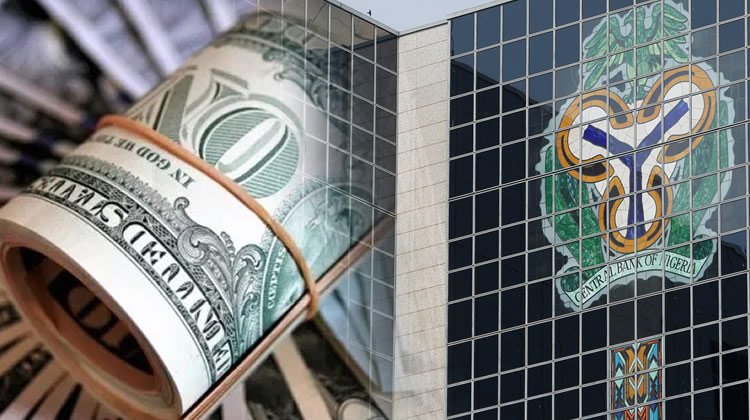
A Senior Advocate of Nigeria, Femi Falana, has challenged the Central Bank of Nigeria on why people in the country were still trading in foreign currencies in the country despite the fact that the apex bank has declared it illegal.
Falana in a letter to the CBN demanded information on the measures it had adopted to stop the illegal practice.
The Lagos lawyer in a Freedom of Information request noted that the CBN Governor, Godwin Emefiele, had kicked against the trading of goods and services in Nigeria in foreign currencies in Nigeria noting that the legal tender of the country was Naira.
The letter read, “The official currency for doing business in Nigeria remains the Naira. Collecting rents or school fees in dollars in Nigeria is illegal. We like to advise those involved in these practices to desist from them because CBN would very soon begin to go after them.”
“But for reasons best known to the members of the Board of the CBN, the devaluation of the Naira via dollarisation has been allowed to continue unabated.”
Falana further stated that the financial crisis in the country was compounded by some politicians who have mopped up dollars in the market in order to buy the delegates.
The SAN lamented that the impact of such acts by politicians is what has led to the recent increase in dollar rate in the black market especially.
The letter added, “The financial crisis has been compounded by some politicians who are involved in buying up available dollars in the market to compromise party officers and delegates as well as administrative and judicial officers. Thus, due to the criminal conduct of such politicians and other interest groups involved in collecting dollars for goods and services in the country the Naira is currently exchanging for over N600 to a dollar in the so-called black market.
“In view of the foregoing, we are compelled to request information on the measures adopted by the CBN to halt the growing practice of trading goods and services in foreign currencies instead of the Naira in Nigeria.”
Falana concluded by telling the organisation to grant his request in seven days as stipulated in the FOI Act, 2011.
Copyright PUNCH.
All rights reserved. This material, and other digital content on this website, may not be reproduced, published, broadcast, rewritten or redistributed in whole or in part without prior express written permission from PUNCH.
Contact: [email protected]





